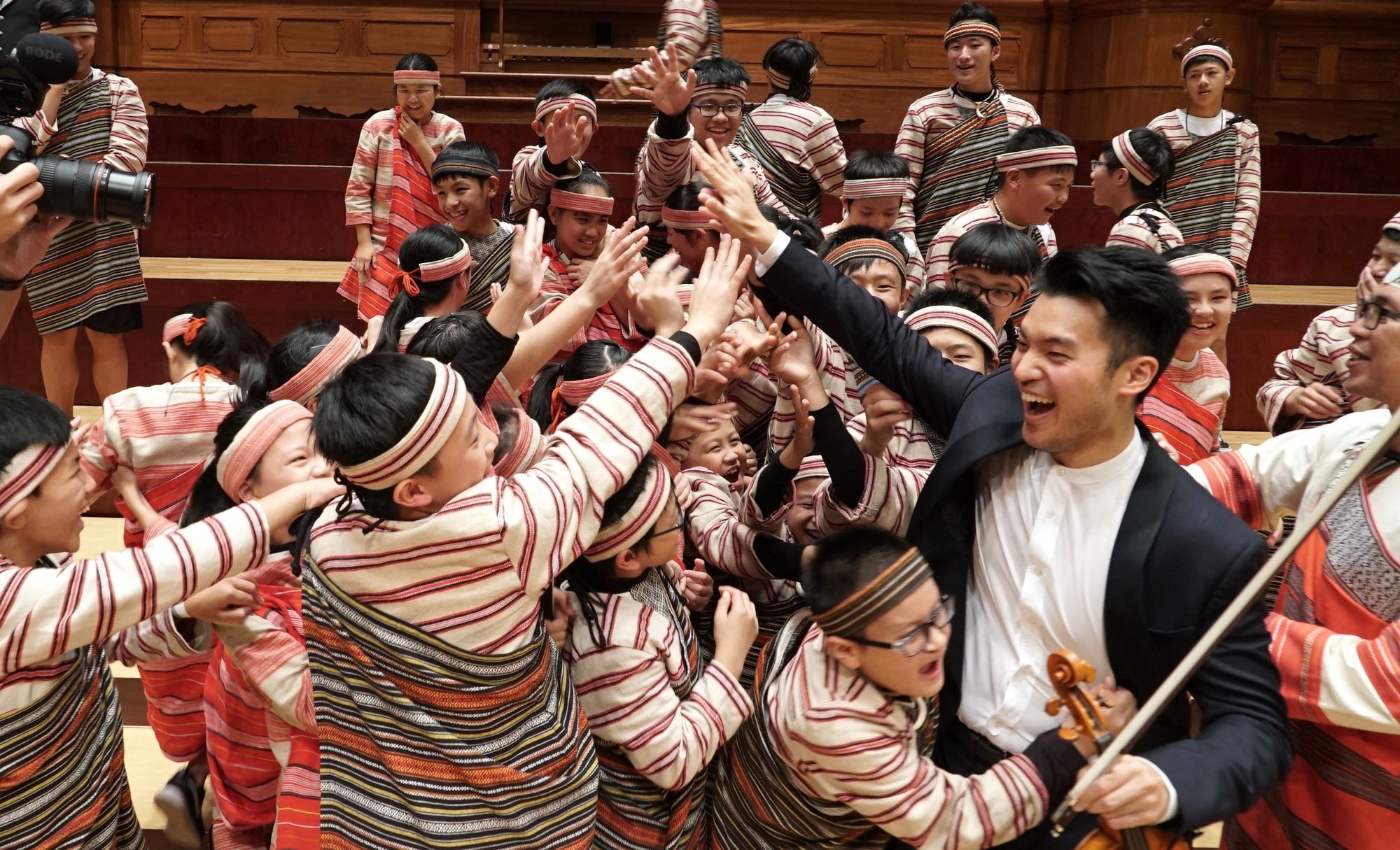Ode to the joy of practice (aka why we built Tonic)
Professional musicians would have you believe that they always knew music was their calling from the magical first moment they picked up their instruments, like a knight pulling a sword out of stone, or a wizard receiving their wand. That wasn’t the case for me. Sure, I enjoyed playing the violin, but like most kids my age, I would have preferred to play Super Smash Bros with my friends rather than practice scales.
The magic came when I started going to group lessons. Every Saturday, it was a small group of us, all around 5-8 years old, sitting in a circle on the floor of our teacher’s living room. At first, I resented losing my weekends, but once I made friends with the other kids, I began to look forward to each lesson. Suddenly, string crossing exercises became less of a chore and more of a game. We motivated each other to want to improve, to practice more, and we built memories doing it. These group lessons with a kind teacher and supportive violin-playing friends were what made me always associate music with joy.
I consider myself lucky to have had that experience. The joy I felt while practicing with friends all those years ago has been more inspiring to me than any applause I’ll ever receive in a concert hall. I want others to find this joy and motivation, and I believe that community is the key.

For most people, music practice doesn’t naturally come with community, the way something like acting or sports might. As a learning musician, it’s not always easy to find your community, either. Music lessons tend to be individual and it’s notoriously difficult to be accepted into a youth orchestra, both of which cater towards young prodigy types which can create an atmosphere of unhealthy competition. Then, as we get older, the process of developing our skills becomes even more isolating. But it shouldn’t be like that—the joy that’s inherent in music is meant to be shared.
Community and emotional connection are what allows musicians to truly engage with their craft.
That is what I hope Tonic provides for those who have an interest in the performing arts community. At face value, the app encourages practice. But looking under the hood, the tools we are building aim to reproduce a real sense of community and shared joy around music and music practice.
Tonic's live Studios, the core of our product, encourage more than just practice—they encourage vulnerability and courage. It takes guts to invite others to witness your learning journey, with all its snags and rough edges. It takes compassion to tune in and support people whom you might not even know. To build more of a sense of place and identity for members within our larger community, we have Badges and Friend Groups. Badges allow people to showcase their milestones and make the app experience more personal. Groups and associated Messages, of course, help people deepen and maintain newfound friendships—everyone needs a group chat for banter and memes (◕‿◕)
Tonic is a home and a haven for those who want to see the joy of music and its practice come alive through community. I hope it helps you find your journey more rewarding, and motivates you to play, practice, and share, just like it’s always done for me.
The app is a work in progress (like all of us are!) and we’re a small team, still at the beginning of our journey. Tonic’s success is based on its community, so we always try to build with direct guidance from you. We’ll be updating this blog to share what’s brewing because the Tonic team and I always want to hear your thoughts!
Warmly,
Ray
